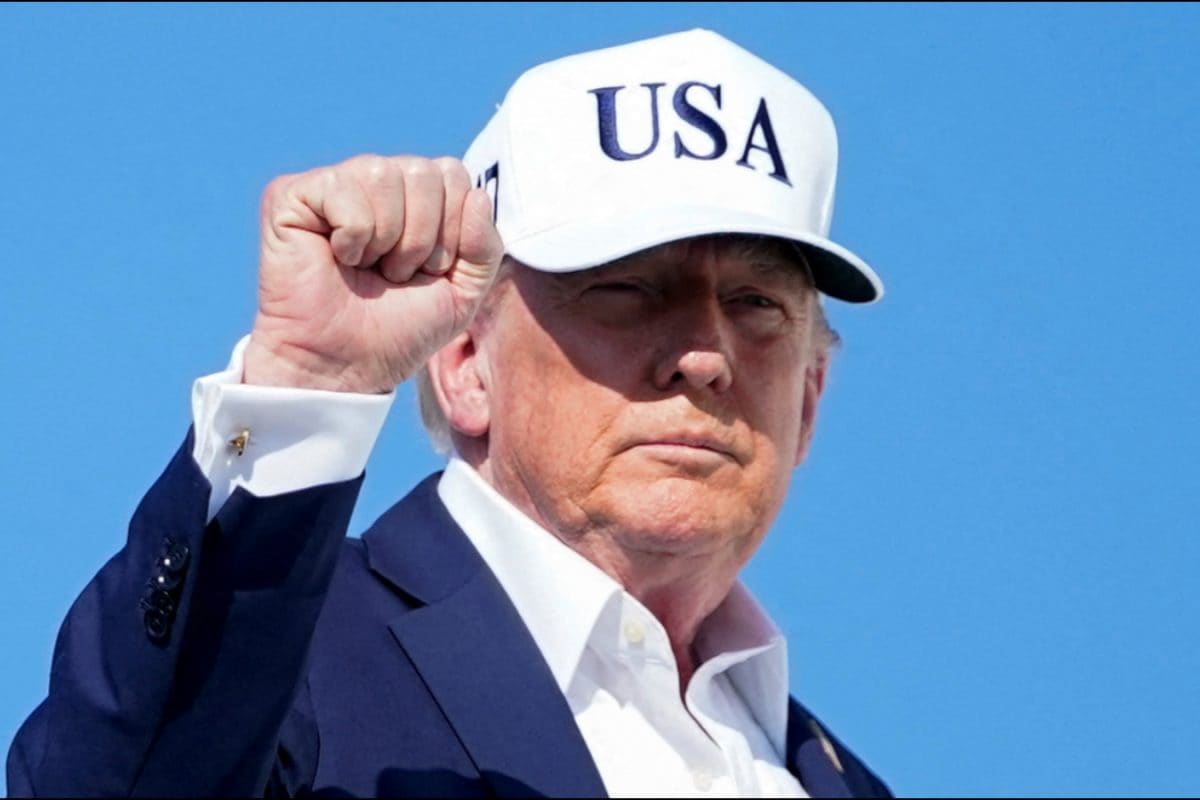

Amidst growing concerns over the economic trajectory of the BRICS alliance, former U.S. President Donald Trump has issued a stern warning, threatening to impose an additional 10% tariff on member nations, including India. This announcement, made via a post on Truth Social, has sent ripples through international trade circles, particularly as the BRICS nations were holding their yearly summit in Rio de Janeiro, Brazil. Trump's move is perceived as a direct response to what he views as the "anti-American policies" of the BRICS alliance.
The BRICS group, originally comprising Brazil, Russia, India, China, and South Africa, has expanded to include Egypt, Ethiopia, Iran, Indonesia and the United Arab Emirates, now representing a significant portion of the world's population and global GDP. The alliance has increasingly been viewed as a counterweight to Western-dominated international institutions, with discussions revolving around reducing reliance on the U.S. dollar in global trade. This ambition has particularly irked the Trump administration, which sees it as a direct challenge to American economic hegemony. In June, Trump warned that if BRICS nations replaced the dollar as a reserve currency, he would impose a 100% tariff.
Trump's recent threat comes on the heels of earlier actions, including the imposition of elevated tariff rates on nations with trade surpluses with the U.S. and a baseline tax on imports from all countries. These measures, initially paused to allow for trade deal negotiations, are now set to take effect on August 1st. Furthermore, tariffs of 25% on goods from Japan and South Korea are slated to begin on the same date, signaling a move towards unilateral trade impositions on countries that have not secured trade deals with the Trump administration.
The timing of Trump's announcement is particularly noteworthy, coinciding with the BRICS summit where member nations voiced "serious concerns" over "unilateral tariff and non-tariff measures". While the BRICS declaration did not explicitly name the U.S., it was widely interpreted as a critique of Washington's trade policies. The alliance has been exploring alternative financial architectures, including a potential digital currency or increased trade in local currencies, to reduce dependence on the U.S. dollar.
For India, the implications of Trump's threat are significant. The U.S. remains a crucial trade partner, and the imposition of additional tariffs could impact ongoing trade negotiations. While there has been no official response from India, sources suggest that the Rio de Janeiro Declaration was not specifically directed against any particular country, and India has generally refrained from criticizing the tariff policies of other nations. India has consistently advocated for fair and equitable trade deals and is actively engaged in negotiations with various developed nations, including the U.S..
Despite the tensions, there are indications that a mini trade deal between the U.S. and India may be nearing completion. However, disagreements persist on key issues such as agriculture and dairy. The broader question remains whether the U.S.-India relationship can navigate the challenges posed by Trump's protectionist policies and the growing divergence in views on the global economic order.